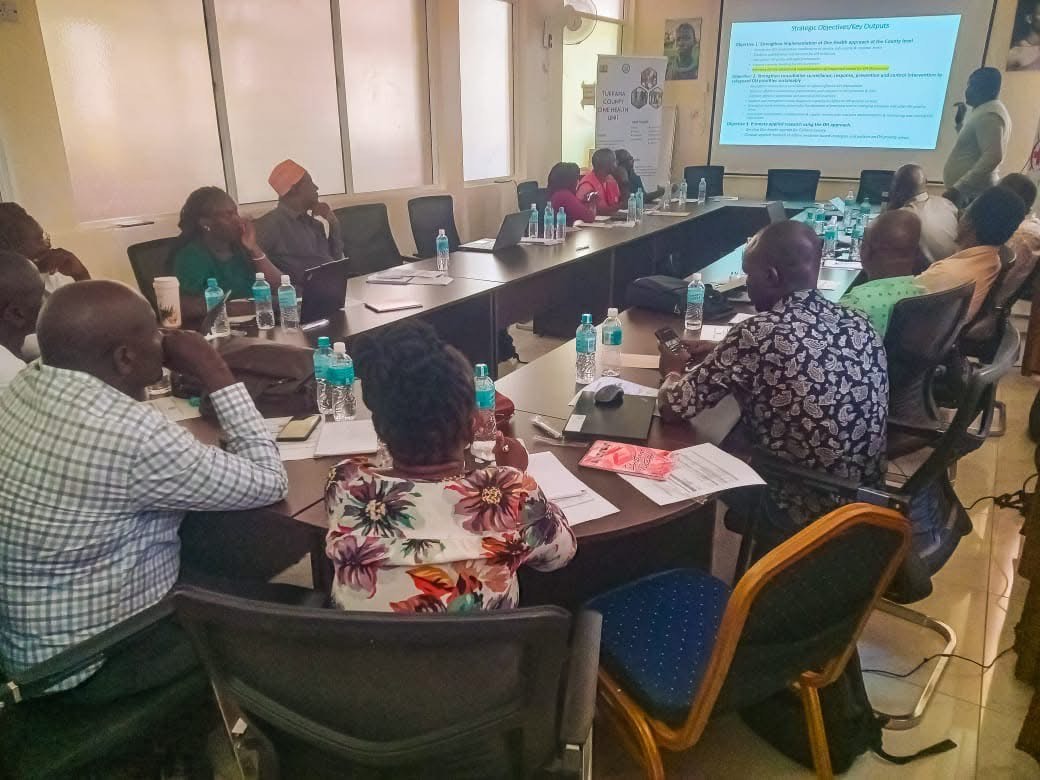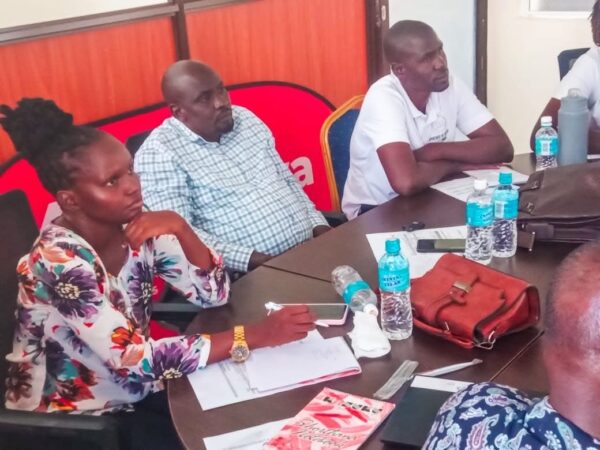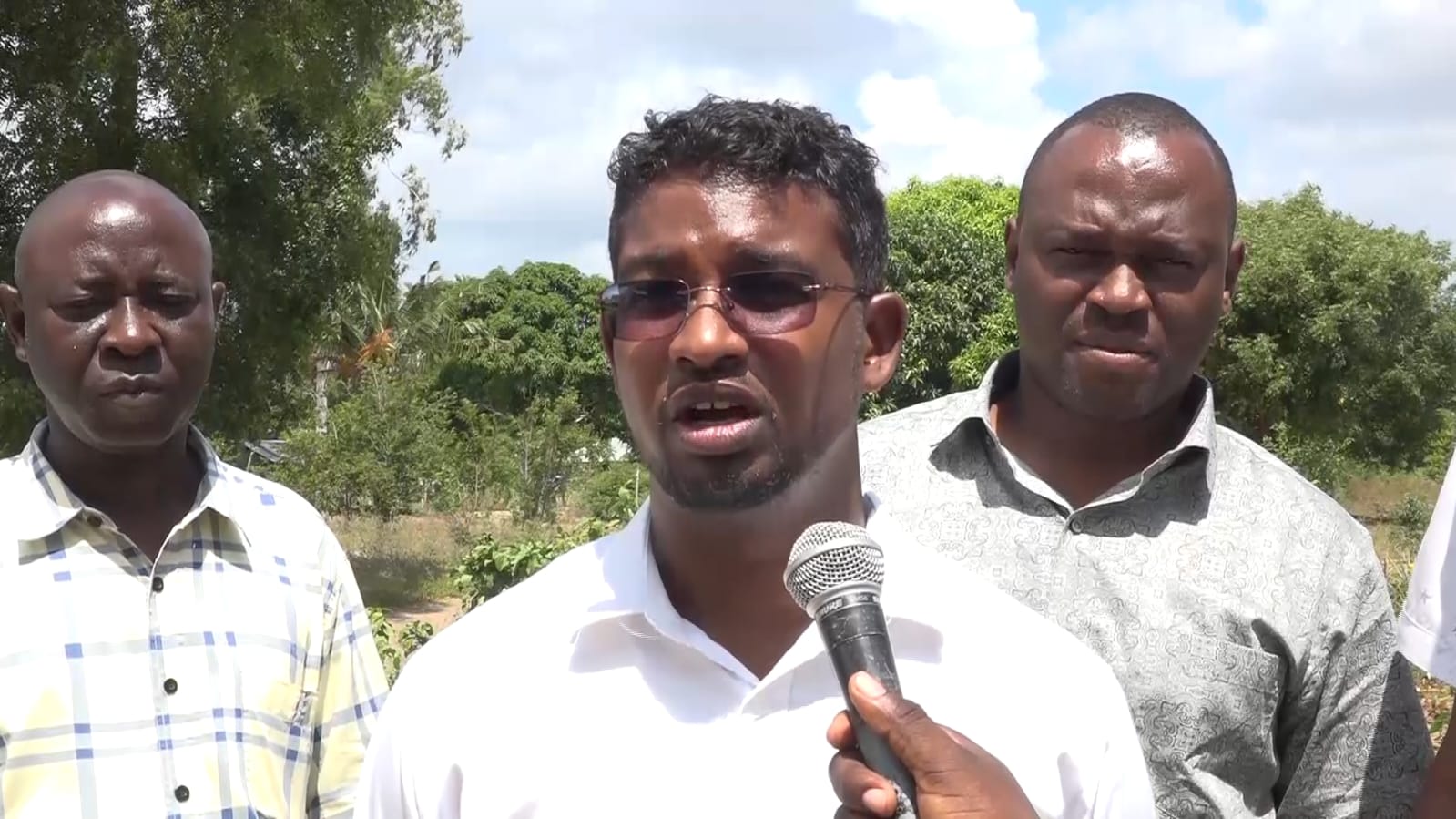Turkana moves to safeguard health with bold One Health Bill

Supported by the Kenya Red Cross Society, the drafting process has brought together a newly formed Technical Working Group (TWG) tasked with charting the path forward for integrated health governance, resource allocation and coordinated interventions.
Turkana County is taking a major step towards tackling complex health threats with the drafting of a groundbreaking One Health Bill aimed at uniting human, animal and environmental health efforts under a single legal framework.
The initiative, spearheaded by the Department of Health and Sanitation through the County One Health Unit, seeks to institutionalise a cross-sectoral approach to early disease prevention, outbreak response and long-term health resilience, particularly in remote and cross-border communities.
More To Read
- The hidden stress culprit: How your daily diet is secretly wrecking your mood
- Gaza faces humanitarian disaster with thousands trapped in flooded camps
- Government cash transfers improve health outcomes for women, children - Lancet
- African countries take lead in push toward universal health coverage for 1.5 billion people by 2030
- UNICEF, Save the Children hail Turkana’s progress in tackling malnutrition
- Turkana marks World AIDS Day with stark warning over rising HIV infections
Supported by the Kenya Red Cross Society, the drafting process has brought together a newly formed Technical Working Group (TWG) tasked with charting the path forward for integrated health governance, resource allocation and coordinated interventions.
“This Bill will legally compel multiple sectors to collaborate in closing One Health gaps,” said Ismael Ekaran, Acting Deputy Director of Public Health.
“It is a game-changer in how we address issues such as zoonotic diseases, antimicrobial resistance and climate-related health challenges.”
The proposed law will formalise shared responsibilities across sectors and establish a proactive framework for managing emerging and recurring public health threats.
Strong emphasis has been placed on the importance of Social Behavioural Change Communication (SBCC), with stakeholders advocating for community education and participation as core components of disease prevention.
The Social Health Authority (SHA) model was highlighted as a crucial tool to empower communities with healthier habits and improve health outcomes.
 Technical Working Group present a work plan to county officials from health, livestock and donor partners. (County press)
Technical Working Group present a work plan to county officials from health, livestock and donor partners. (County press)
Benson Long’or, Director of Veterinary Services, called for increased investment in One Health initiatives, stressing the importance of budgetary support to scale up interventions for both human and livestock health.
“Going forward, we must ensure increased county funding to sustain and expand One Health programmes, especially in cross-border areas,” he said.
Kipkorir Rotich, the County One Health Coordinator, emphasised that the Bill will also advocate for dedicated financial resources, enhancing the county’s pandemic preparedness and long-term health security.
The first phase of the PREPARE Project is already underway, using data from a recent Knowledge, Attitudes and Practices (KAP) survey on community-based surveillance and pandemic response in Lokiriama and Nadapal sub-counties.
Rotich also highlighted ongoing research into antimicrobial resistance (AMR) among both refugee and host communities in Kakuma. The findings from this study are expected to be released in October 2025.
The TWG presented its work plan for the upcoming financial year to an audience that included senior health officials, livestock and environmental officers, and representatives from key development partners, including Amref Imarisha Jamii, the Danida Transcend Project, Welthungerhilfe and the Kenya Red Cross Society.
Top Stories Today


















































